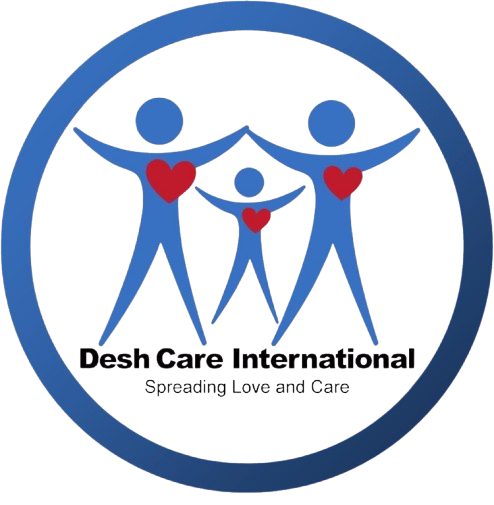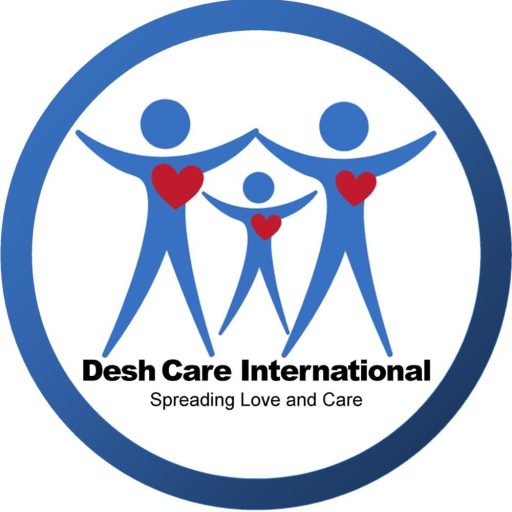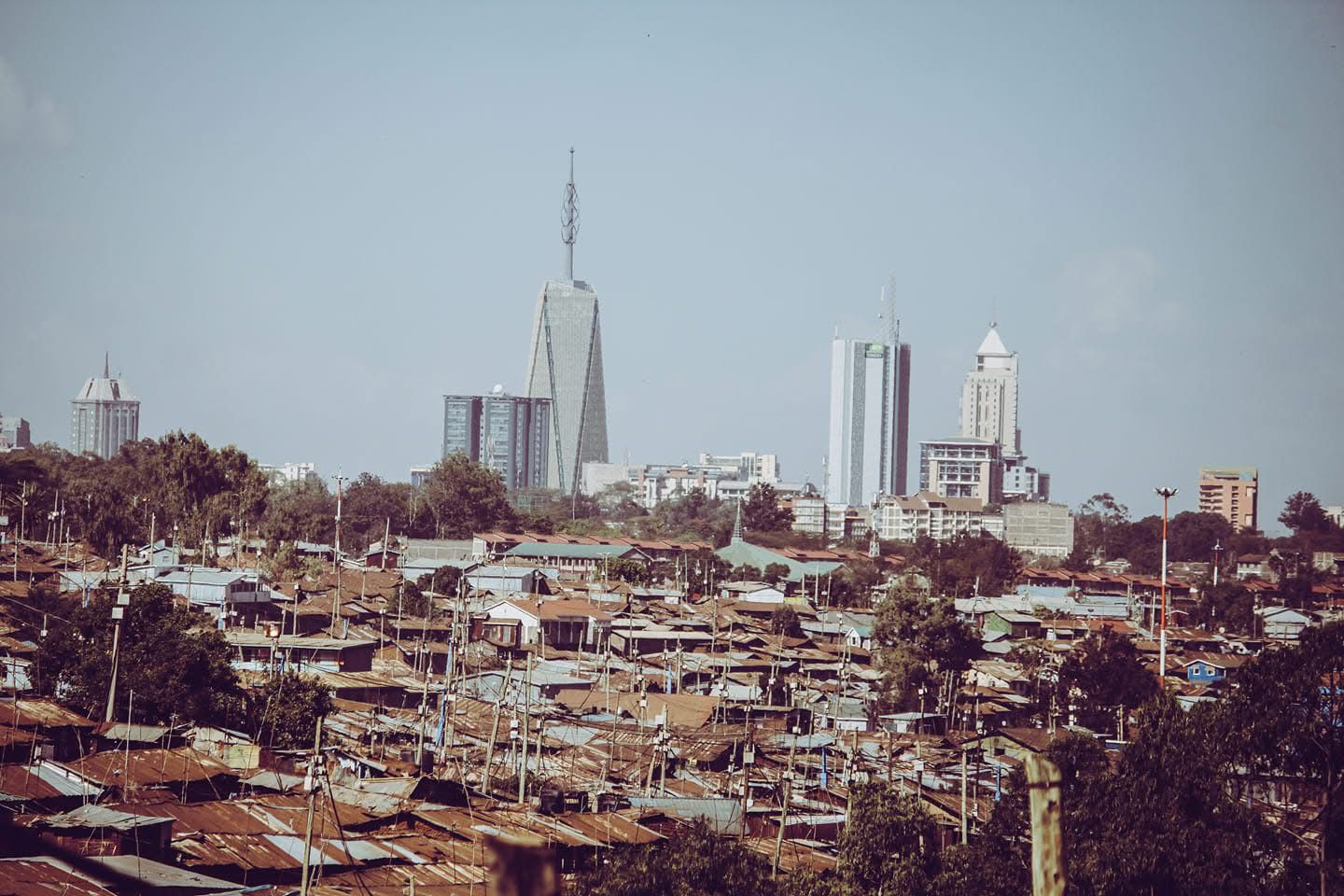WHERE WE WORK
KIBERA SLUMS
Kibera, located in Nairobi, Kenya, is widely recognized as one of the largest informal settlements in Africa. It comprises over 25 villages, including Ayany, Canaan, Fort Jesus, Gorofani, Karanja, Kianda, Kisumu Ndogo, KK, Laini Saba A, Laini Saba B, Lindi A, Lindi B, Makina, Mama Okinda, Maranatha, Mashimoni A, Mashimoni B, Olympic, PAG, Raila, Silanga A, Silanga B, Sokomoko, Soweto, and Soweto East. Estimates suggest that Kibera is home to between 250,000 and 400,000 residents, making it densely populated with limited infrastructure to support its growing population.
Families in Kibera often live below the poverty line, surviving on less than one dollar per day. Such extreme economic hardship forces residents to make difficult choices regarding food, healthcare, and education, trapping generations in cycles of poverty. One of the most pressing challenges in Kibera is access to clean water and proper sanitation. Many households rely on unsafe water sources, exposing residents to waterborne diseases like typhoid, cholera, and diarrhea. Frequent illness drains families’ already limited resources, as treatment costs are high and bottled or treated water is often unaffordable. The lack of proper sanitation facilities further worsens health outcomes and limits opportunities for children and adults to live productive lives.
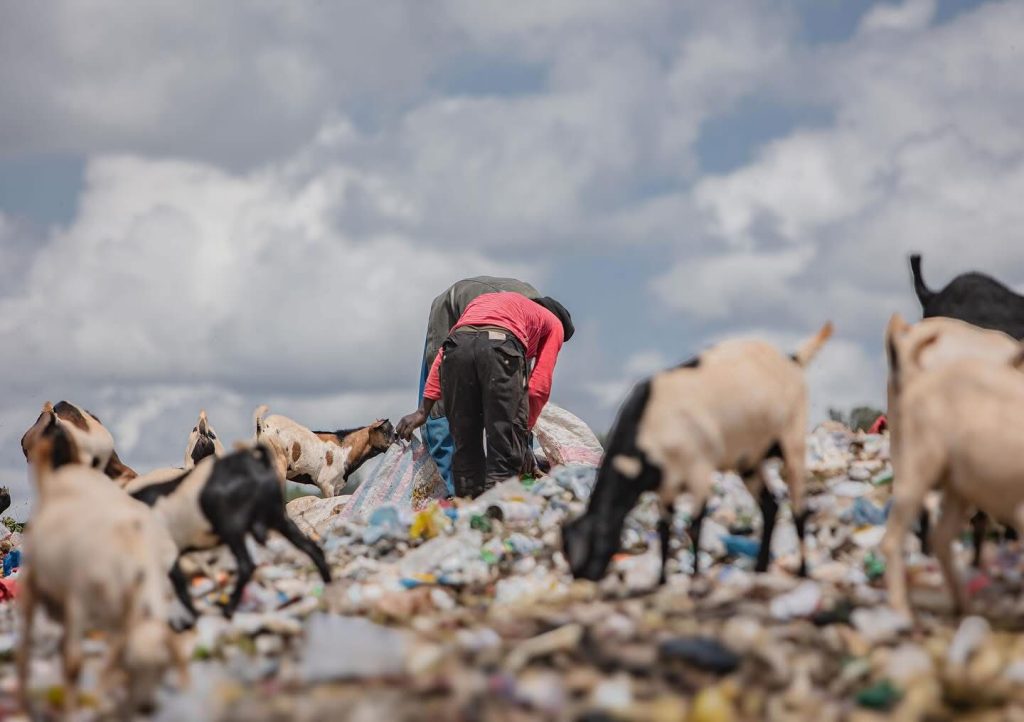
Education is also heavily impacted by the slum’s socio-economic challenges. Many children drop out of school because their families cannot afford fees, uniforms, or school materials. Teenage pregnancies are common due to limited access to reproductive health information and socio-economic pressures. Early pregnancies often trap young mothers in cycles of poverty, making it difficult for them to continue their education or improve their livelihoods.
Despite these challenges, Kibera is a community of resilience and creativity. Residents engage in informal employment, small-scale trade, and casual labor to sustain their families. Social networks and community groups provide crucial support, helping neighbors care for one another in times of need. Non-governmental organizations, such as The Bucket Ministry, play a vital role in improving living conditions by providing clean water, health education, and spiritual guidance. These interventions have transformative effects: reducing disease, lowering water-related expenses, and restoring hope and dignity to families.
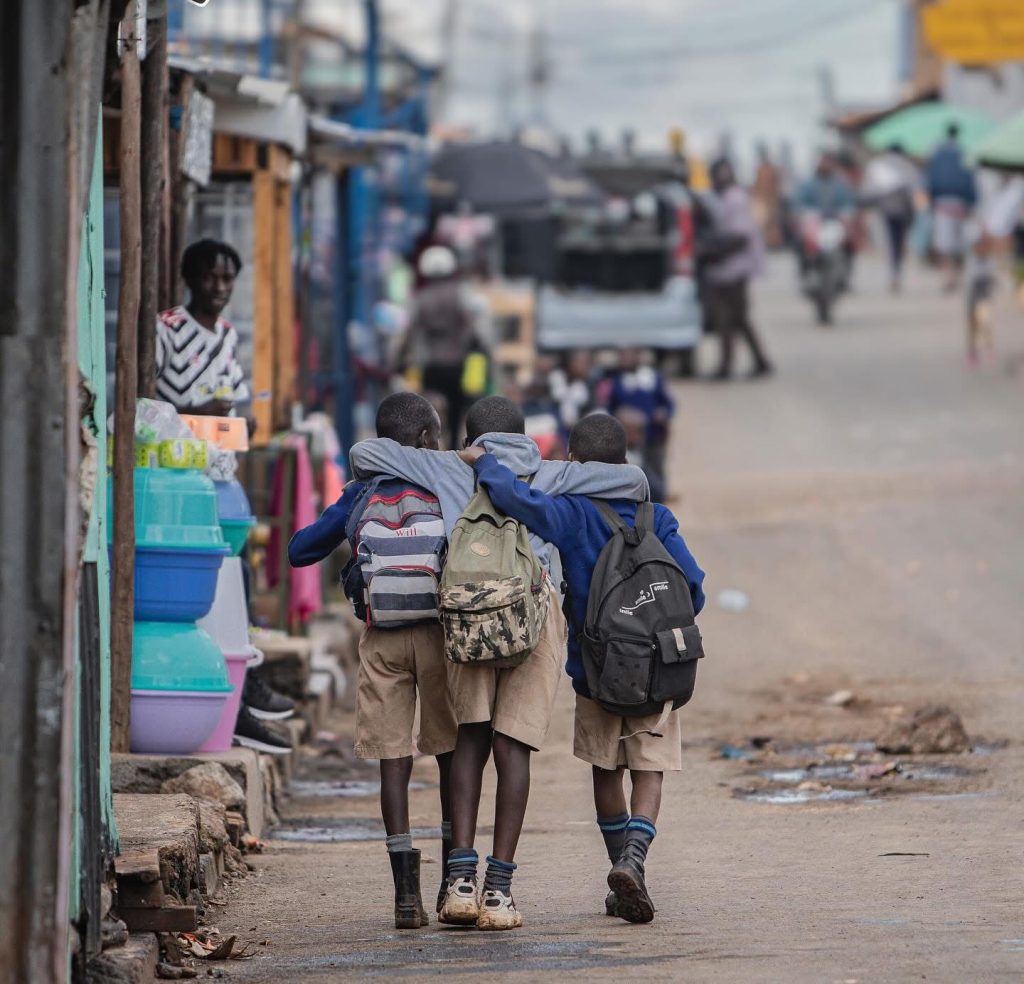
Kibera’s population is predominantly young, energetic, and eager to break free from poverty through education, skill-building, and entrepreneurship. However, systemic challenges like overcrowding, limited healthcare, and inadequate public services continue to pose barriers. The community’s resilience and potential remain strong, but without sustained investment in infrastructure, sanitation, education, and health services, these challenges are likely to persist.
Although Kibera is marked by extreme economic hardship, health challenges, and social struggles that affect nearly every household. Yet, the residents of Kibera demonstrate remarkable strength, ingenuity, and hope. Interventions that provide clean water, sanitation, education, and health services are critical to improving the quality of life and enabling families to break free from cycles of poverty. The combination of community resilience and strategic support has the power to transform Kibera from a place of survival to a community of opportunity, health, and hope.
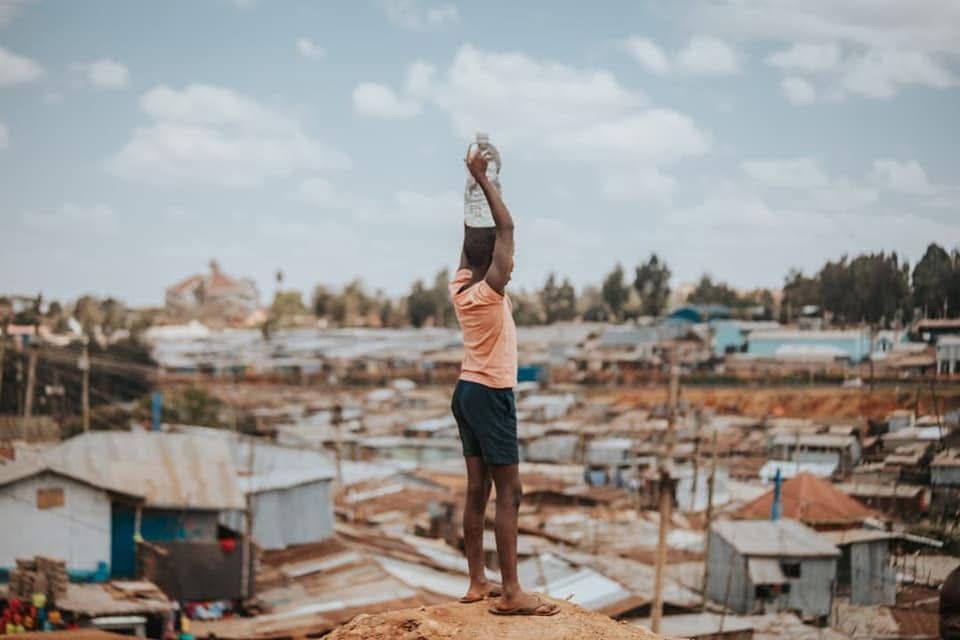
They know they are not dirty, forgotten, or cursed. They are God’s masterpiece made with care, on purpose, and for a purpose. Desh Care believes healing must happen in the whole girl’s body, mind, and spirit. Because when a girl truly sees herself through God’s eyes, she no longer walks in shame. She walks in purpose.
ATHIRIVER
ABOUT ATHIRIVER
Athi River, located in Machakos County, Kenya, is an industrial town that has grown rapidly due to urbanization and industrial employment opportunities. While it has developed into a hub for factories, cement plants, and businesses, a significant portion of its population resides in informal settlements or slums. These slums face numerous challenges, including poor housing, limited access to clean water, inadequate sanitation, and high population density. Despite these challenges, they are vibrant communities with residents showing resilience and creativity in making a living.
